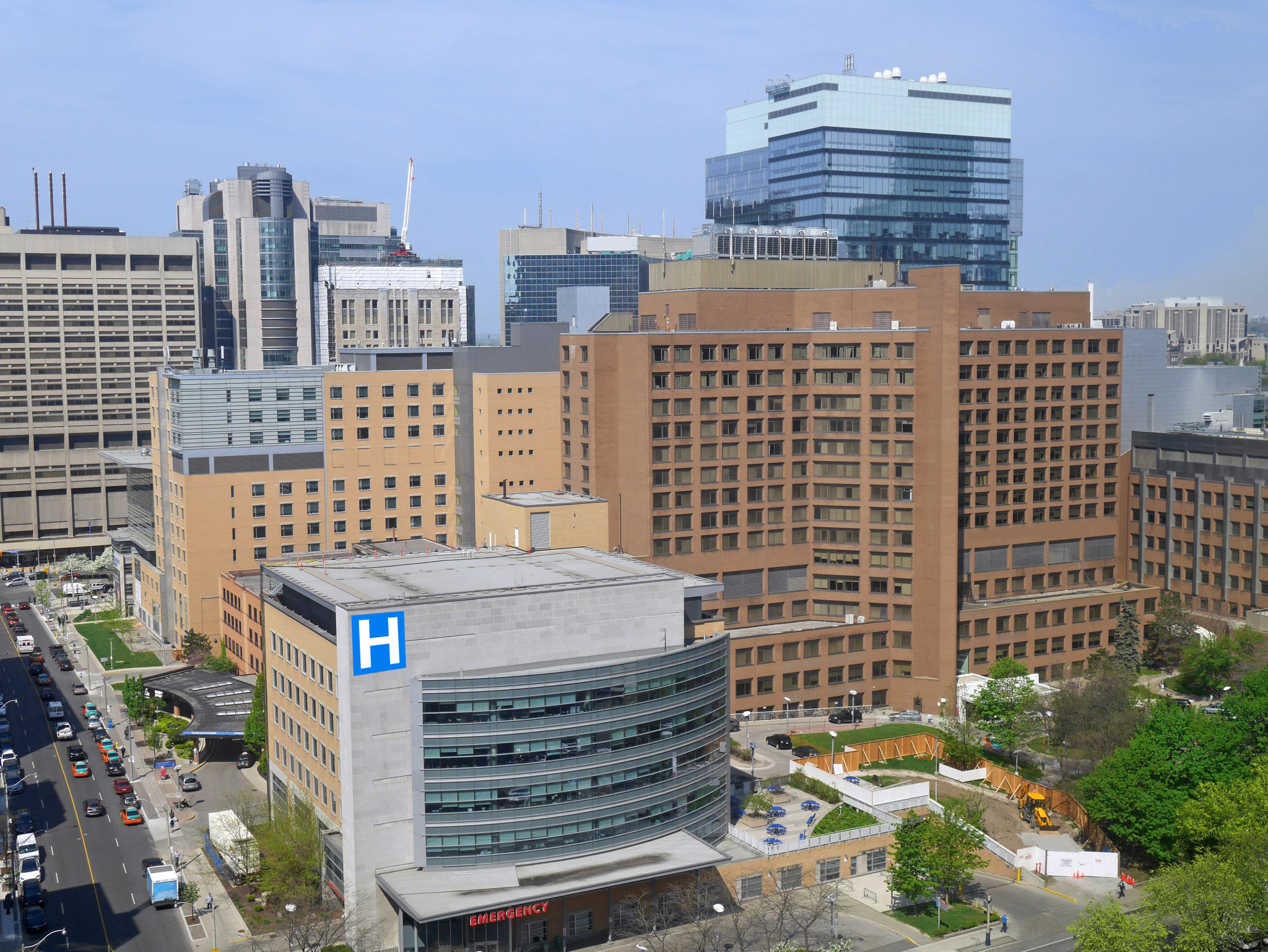Comparing Hospital Compliance Standards: What Sets Delhi Apart?
Understanding Hospital Compliance Standards
Hospital compliance standards are crucial in ensuring that medical facilities operate efficiently and ethically, safeguarding patient safety and quality of care. Globally, these standards can vary significantly, shaped by regional regulations, healthcare infrastructure, and cultural considerations. In this blog post, we will explore how compliance standards in Delhi differ from those in other regions, highlighting what sets Delhi apart.
Regulatory Framework in Delhi
Delhi's healthcare system is governed by a comprehensive regulatory framework that emphasizes stringent compliance measures. The city adheres to both national guidelines set by the Indian government and local policies tailored to its unique needs. This dual-layered approach ensures that hospitals maintain high standards of operation and accountability. Key regulatory bodies include the National Accreditation Board for Hospitals & Healthcare Providers (NABH) and the Delhi Medical Council.

Focus on Patient-Centric Care
One of the defining features of Delhi's hospital compliance standards is a strong emphasis on patient-centric care. Hospitals are encouraged to prioritize patient rights and satisfaction, which is reflected in practices such as transparent billing, informed consent, and dedicated patient grievance mechanisms. This focus helps build trust and fosters a positive relationship between healthcare providers and patients.
Technological Integration
Delhi hospitals are at the forefront of integrating cutting-edge technology to enhance compliance. From electronic health records (EHRs) to telemedicine services, technology plays a pivotal role in ensuring accurate record-keeping, efficient communication, and improved patient outcomes. This tech-forward approach not only aids compliance but also positions Delhi as a leader in modern healthcare delivery.

Quality Assurance and Continuous Improvement
The commitment to quality assurance is another standout feature of Delhi's hospital compliance standards. Regular audits and assessments are conducted to evaluate hospital performance, identify areas for improvement, and implement corrective actions. This culture of continuous improvement ensures that hospitals remain adaptive and responsive to emerging healthcare challenges.
Challenges and Opportunities
Despite its strengths, Delhi's hospital compliance landscape is not without challenges. Rapid urbanization and population growth strain healthcare resources, necessitating ongoing investments in infrastructure and workforce development. However, these challenges also present opportunities for innovation and collaboration among stakeholders to further enhance compliance and care quality.

Comparing with International Standards
While Delhi excels in several areas of hospital compliance, comparing it with international standards reveals areas for potential growth. For instance, infection control practices and emergency preparedness are areas where Delhi could benefit from adopting best practices from countries with advanced healthcare systems. Such comparisons drive continuous learning and adaptation.
The Role of Training and Education
To uphold its high compliance standards, Delhi places significant emphasis on training and education for healthcare professionals. Regular workshops, seminars, and certification programs are conducted to keep staff updated on the latest regulations and best practices. This commitment to education ensures that the workforce remains skilled and knowledgeable.
In conclusion, Delhi sets itself apart in the realm of hospital compliance through its robust regulatory framework, patient-centric approach, technological integration, and commitment to quality assurance. While challenges exist, the city's proactive stance on continuous improvement promises a bright future for its healthcare system.